Description
by Jaime Luis Huenún
translated by Thomas Rothe
ISBN: 978-1-944884-28-4 (pbk.)
100 pages. January, 2018.
Other Buying Options: Small Press Distribution
Political poetry takes on a new definition in Jaime Huenún’s Fanon City Meu, where the voices of the colonized and their colonizers form a dissonant choir bearing testimony to the centuries of violence that have shaped Latin America. Inspired by Martinican intellectual Frantz Fanon, the book examines issues of race, colonialism, and revolution through a poetic discourse that only seems to find solace in irony. In this volume, Huenún, a renowned Chilean-Mapuche poet, draws parallels between the alienation of South American indigenous peoples and the experiences Fanon documented in the Caribbean and Algeria, breaching national and linguistic barriers that often work to isolate the “wretched of the earth.”
Fanon City Meu is Huenún’s second full-length collection of poetry to be translated into English, following Port Trakl in 2008. Both books form part of an ongoing project to engage with the work of prominent international poets and intellectuals, such as George Trakl and Osip Mandelstam. Huenún questions the limits of so-called indigenous literature without abandoning issues relevant to the Mapuche struggle for self-determination, urging readers to reflect on the inseparable bond between language and politics.
Fanon City is Peru, it’s Brazil, it’s Bolivia, it’s Ecuador, it’s Alabama, it’s Cuba, it’s Mexico, it’s Aruba or Curççao. It’s where Cesar Vallejo is in jail; it’s the home of Che Guevara’s disembodied hands. It is, perhaps, the whole of the Americas, united by a shared infection, a shared violence, a shared history of colonial murder. Jaime Luis Huenún, a Mapuche poet from southern Chile and author of Port Trakl, here extends his canon of literary cities built in homage to writers and the wars that form them. And Fanon City Meu, translated powerfully by Thomas Rothe, makes a hemispheric argument by creating a poem from the continuum of violence that begins with the European slaughter of the Americas and extends into the neoliberalist slaughter of Chile and the cultural and environmental degradation it has wrought. Fanon City Meu is “a poem of rats,” a poem where the entwined disaster of genocide and capitalism must be acknowledged, analyzed and resisted. “Beware of national anthems,” writes Huenún, as we move through the border checkpoints of nations that break their own people. Fanon City Meu, then, is a poetics of protest against those who have been deluded by centuries of colonial madness, and for those who survive and fight.
—Daniel Borzutzky, author of The Performance of Becoming Human (National Book Award, 2016).
In some quarters, the term “globalization” may yet have beneficent connotations. But in this remarkably powerful and prophetic collection of poetry by award-winning Chilean poet Jaime Luis Huenún (b. 1967), global means the planetary dissemination of inequality and rage accumulated over the centuries and deposited in a single society of new masters and slaves, who speak a mixture of languages on the honed blade of these poems that cut like a machete. Make no mistake. Huenún is not a poet who minces his words in Fanon City Meu. With a certain resignation capable of assimilating prior defeats and not exempt from bitterness, he presents his denunciation of these conditions from within an historical past that is simultaneously a message and an exhortation from the future.
—Steven F. White, editor of El consumo de lo que somos: muestra de poesía ecológica hispánica contemporánea.
Fanon City Meu, by Jaime Luis Huenún and translated by Thomas Rothe, is a compelling collection of poetry, which dares us to look beyond our own realities and see a world that for so many is fraught with instability and danger. The legacy of colonization is alive and well, and its ignorance and viciousness is reflected in many of the lines of these candidly raw vignettes. The ghosts of lost freedom fighters and heroes also make appearances here because after all, it is we poets who must keep them alive. Amid the stark landscape here there are also poems that make us smile because love and hope peek through, “…the broken window of darkness.” A million thanks for this collection because not everything in life is pretty and all of it must be witnessed. Saludos!
— Odilia Galván Rodríguez, editor of Poetry of Resistance—Voices for Social Justice, and author of The Nature of Things.
Jaime Huenún is an extraordinary Mapuche poet, an extraordinary Chilean poet, and an extraordinary global poet. This book expands the horizon of his poetry and Chilean poetry like never before, proving itself planetary. Peripheral struggles, embodied in the eponymous figure of Frantz Fanon, are the backdrop over which we observe the transformations capitalist powers have forced onto the pre-modern and non-capitalist world since the sixteenth century—seldom without violence—and the contemporary and necessary responses. Blacks, zambos, mulattos, Altiplano and Mesoamerican Indians converted into laborers; Mapuches converted into laborers. The consequential emptying of ancestral memory, erased by the sweat of denigrating jobs, is one more consequence of that raid. “Life was not lost, pastoral brothers,” Neruda nonetheless wrote in the first poem of his Canto General. What remains in the 21st century of those humiliated “pastoral brothers” are the poems contained in Fanon City Meu. Not the epic actions of old revolutionaries, those who grew old, died, and were eternalized in the marble statues of history’s official narratives; rather the other, anonymous actions that now resurface in the form of an ancient and new brotherhood, reunited after centuries of living in the shadows. This is poetry that listens, that restores verse with the power of human sound, everyday speech. Poetry that communicates what it hears and also offends when necessary. Robust and honest poetry like none other I have read in today’s flaccid Chilean Parnassus.
— Grínor Rojo, author of Chile, Dictatorship and the Struggle for Democracy.
Fanon City Meu exists in the realm of translation. Jaime Luis Huenún’s prose poems mold the cobble, dirt, and fibers of/towards the making of decolonial subjects. Or rather, Huenún materializes the path towards decolonization, the illustrious and terrible, the remnants and gathering, the humorful and less so. Huenún reaches forwards (or is it back) to Chile, indigeneity, and the post-colonial subject with this collection, navigating the limits and uneven truths of locality, gender, and colonial departure. Here, we are reminded of the fodder and fuel Fanon himself offered, that indeed the structuring of the post was/is a type of incessant and poetic becoming.
— Essence Harden, curator, writer, Ph.D. candidate in African Diaspora Studies, UC Berkeley.
To contemplate the “dreadful radiance of our History” should be uncomfortable for any conscious reader. Huenún’s meditations put us all on the spot in a blurry mirror, warped by the heat of light. The mirror sags toward the bottom line, the surface of the Earth, under whose carpet and dust are swept the details. In boldly direct language, Jaime Luis offers us a needed reminder that, in the ultimate position, the side anyone is on is their own… and, even with best intentions, too many innocents are assigned to hell. Fanon City Meu will serve as cautionary vignettes we cannot afford to forget.
— John Landry, author of who will prune the plum tree when I’m gone.
I was stunned and mesmerized by Fanon City Meu. Jaime Huenún’s words assail us with the raw realities of our world, reminding us that committed poetry makes the connections, between struggles, between worlds, between hearts. Piling image upon image, in a way that invokes the most daring of Neruda’s poems, Huenún wades into the roiling storms of our era, crushing cynicism and demanding action.
— Rick Ayers, author of Teaching the Taboo: Courage and Imagination in the Classroom and An Empty Seat in Class: Teaching and Learning after the Death of a Student.

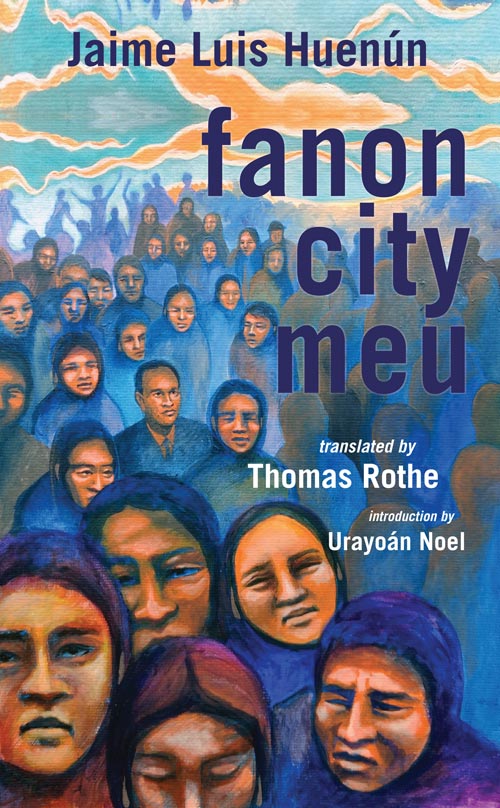
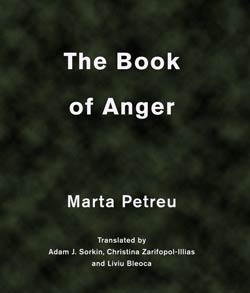
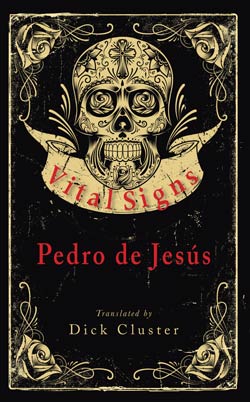
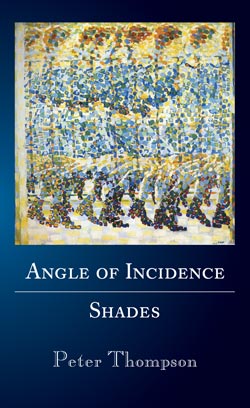
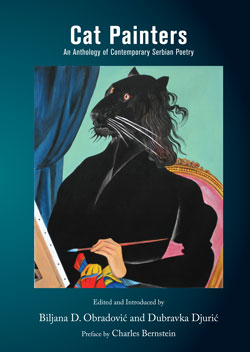

Reviews
There are no reviews yet.